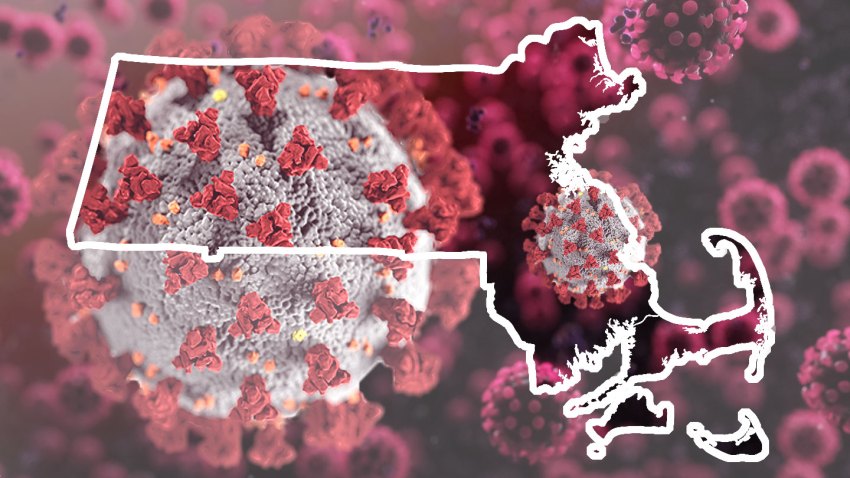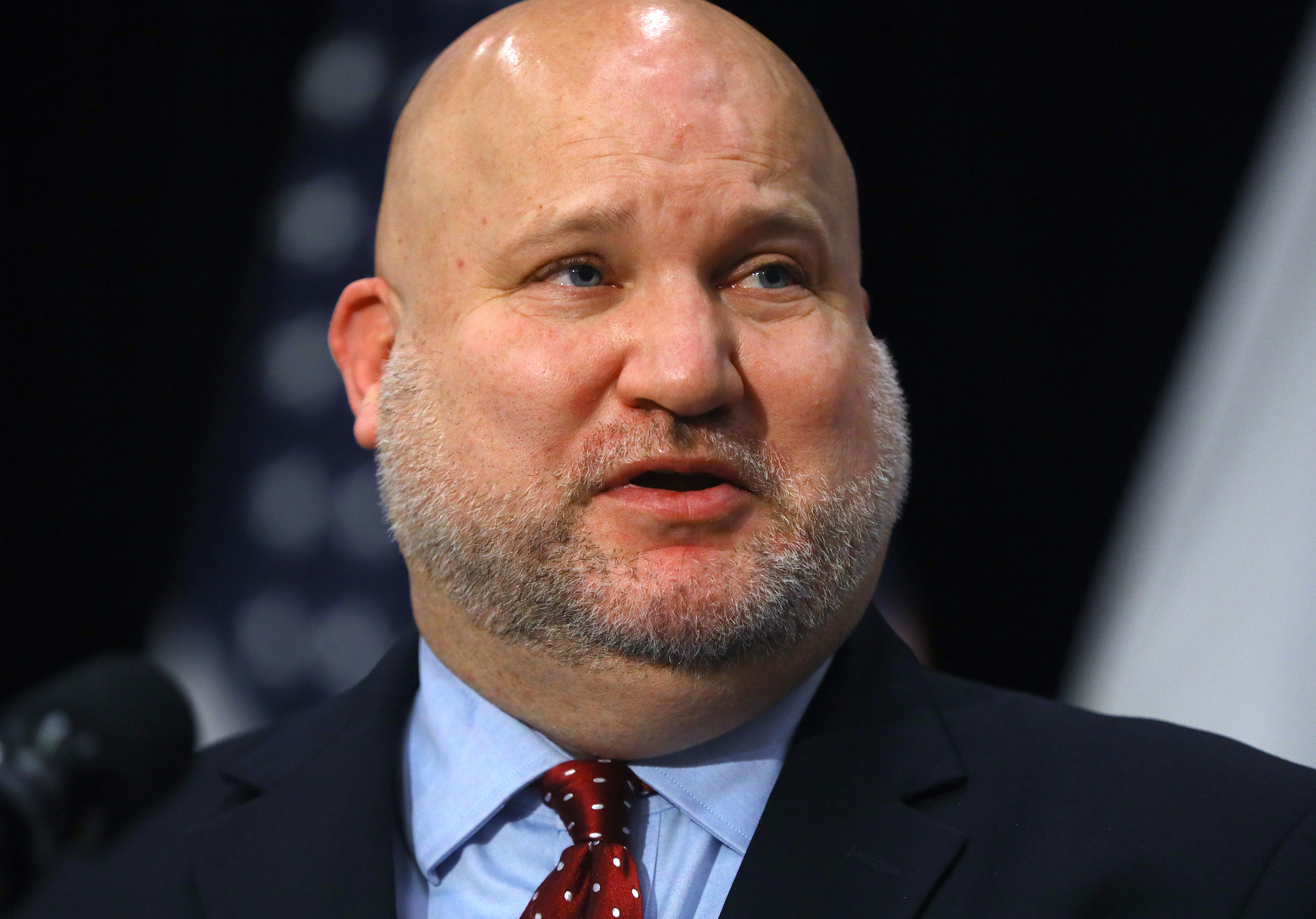COVID-19 cases and the test positivity rate in Boston have been on a steady decline for about a week now. But health officials say it's still too soon to say if the current surge is truly over.
The 7-day moving average of cases peaked at 440 on May 6 and has been steadily declining since then, dropping below 300 number of positive tests on May 25. As of May 28, the last day that data has been reported, that numberw as at 256.7.
Similarly, COVID test positivity in the city has been on the decline for about three weeks now.
The five neighborhoods with the highest positivity rate, according to the latest data, were Charlestown at 14.8%, Allston/Brighton and the South End at 13.8%, East Boston at 12.8% and Fenway at 12.5%.
Get Boston local news, weather forecasts, lifestyle and entertainment stories to your inbox. Sign up for NBC Boston’s newsletters.
Community positivity, which excludes colleges, rose above 10% in early May, reaching a high of 12.2% mid-month. But in recent days it has dropped below 10% once again.
Even COVID emergency department visits, which had peaked in late May, have begun to decline over the past several days.
What does the latest MA COVID wastewater data say?
The Boston area's sewer system is also exhibiting hopeful signs, with the most recent update from the Massachusetts Water Resources Authority's COVID-19 wastewater tracker showing that COVID levels are continuing to decline.
It's an "unmistakable sign that we are getting past this BA.2.12.1 wave," tweeted Joseph Allen, a professor at Harvard's T.H. Chan School of Public Health, who's been keeping tabs on COVID levels in Boston's wastewater.
Will there be another spike after Memorial Day?
But top Boston doctors warned last week that a Memorial Day surge and two new omicron subvariants now causing issues in South Africa -- BA.4 and BA.5 -- could result in another upswing here in the near future.
"The descents have been short-lived lately when we've seen these downturns," Dr. Shira Doron of Tufts Medical Center said when asked what we might expect to see next. "What we've seen with omicron is it keeps splitting into subvariants and subvariants and subvariants. And there could always be something around the corner, something we know or don't know, and we do know there is BA.4 and BA.5 around the corner that's already wreaking a little bit of havoc in South Africa. It's nothing like BA.1, but that could be around the corner, and so the descent could turn around and go back up. But for now, we do seem to be in a descent."
"As with everything else, we'll tell you for sure once it's done," Dr. Daniel Kuritzkes of Brigham and Women's Hospital said. "I don't think we can predict right now if we're really at the end of the omicron surge or if we're just transitioning to a difference phase of the omicron surge."
Dr. Bisola Ojikutu, the executive director of the Boston Public Health Commission, added that while there are hopeful signs in the latest data, she still strongly recommends masking indoors.




